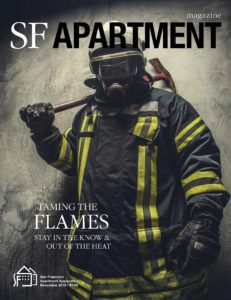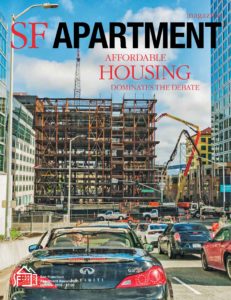In 1041 20th St., LLC v. Santa Monica Rent Control Bd., property owners had applied for, and received, “removal permits” allowing them to take certain rental units off of the rental market, back in the 1990s. (As opposed to invoking the state-law Ellis Act, these local regulations allowed a landlord to apply for various permits under local law: “Category A permits are for landlords who are ‘unable to collect the current Maximum Allowable Rent (MAR) on the unit’. Category C permits are for landlords who prove a controlled rental unit ‘is uninhabitable and cannot be made habitable in an economically feasible manner’.”
Over the years, the Rent Board “unequivocally stated that the properties had been granted permanent exemptions from the Rent Control Law and did not need to be registered with the Board”. However, in 2016, the Rent Board notified the owners that the units were subject to the rent ordinance because they were not demolished or converted and continue to be used as residential rental units.
The owners had been charging rents that they would not have been permitted to under the rent ordinance, and so the tenants petitioned for a reduction in rent and an award of the overpayment. The owners petitioned for writ of mandate, on the theory that the Rent Board was equitably estopped from now treating the properties as subject to the rent ordinance. The trial court entered judgment reversing the rent board decisions, but the Court of Appeal disagreed.
It reasoned the equitable estoppel could, in theory, apply to a governmental entity in this context, but the Rent Board never had jurisdiction to create new categories of permanently exempt units. It did have authority to issue the permits to allow the owners to stop renting them, but that is not what the owners did. Further, the doctrine of administrative finality (i.e., a bar to revisiting a decades’ old administrative decision) did not bar the current treatment of these units for two reasons. First, the Rent Board continued to maintain that the owners could withdraw the units – but that is not what the owners did. Second, even if the decision amounted to a permanent exemption, administrative finality cannot apply to a ruling that exceeded the administrative agency’s jurisdiction.







